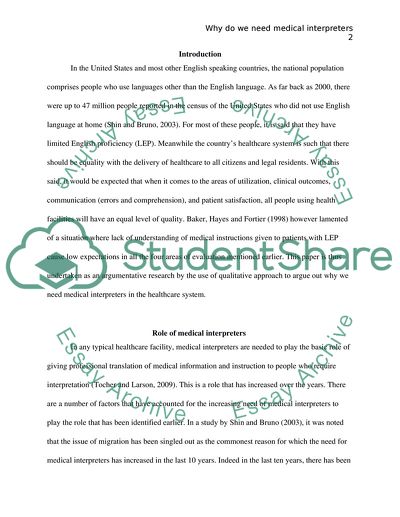Cite this document
(“Why do we need medical interpreters Research Paper”, n.d.)
Why do we need medical interpreters Research Paper. Retrieved from https://studentshare.org/health-sciences-medicine/1672168-why-do-we-need-medical-interpreters
Why do we need medical interpreters Research Paper. Retrieved from https://studentshare.org/health-sciences-medicine/1672168-why-do-we-need-medical-interpreters
(Why Do We Need Medical Interpreters Research Paper)
Why Do We Need Medical Interpreters Research Paper. https://studentshare.org/health-sciences-medicine/1672168-why-do-we-need-medical-interpreters.
Why Do We Need Medical Interpreters Research Paper. https://studentshare.org/health-sciences-medicine/1672168-why-do-we-need-medical-interpreters.
“Why Do We Need Medical Interpreters Research Paper”, n.d. https://studentshare.org/health-sciences-medicine/1672168-why-do-we-need-medical-interpreters.


